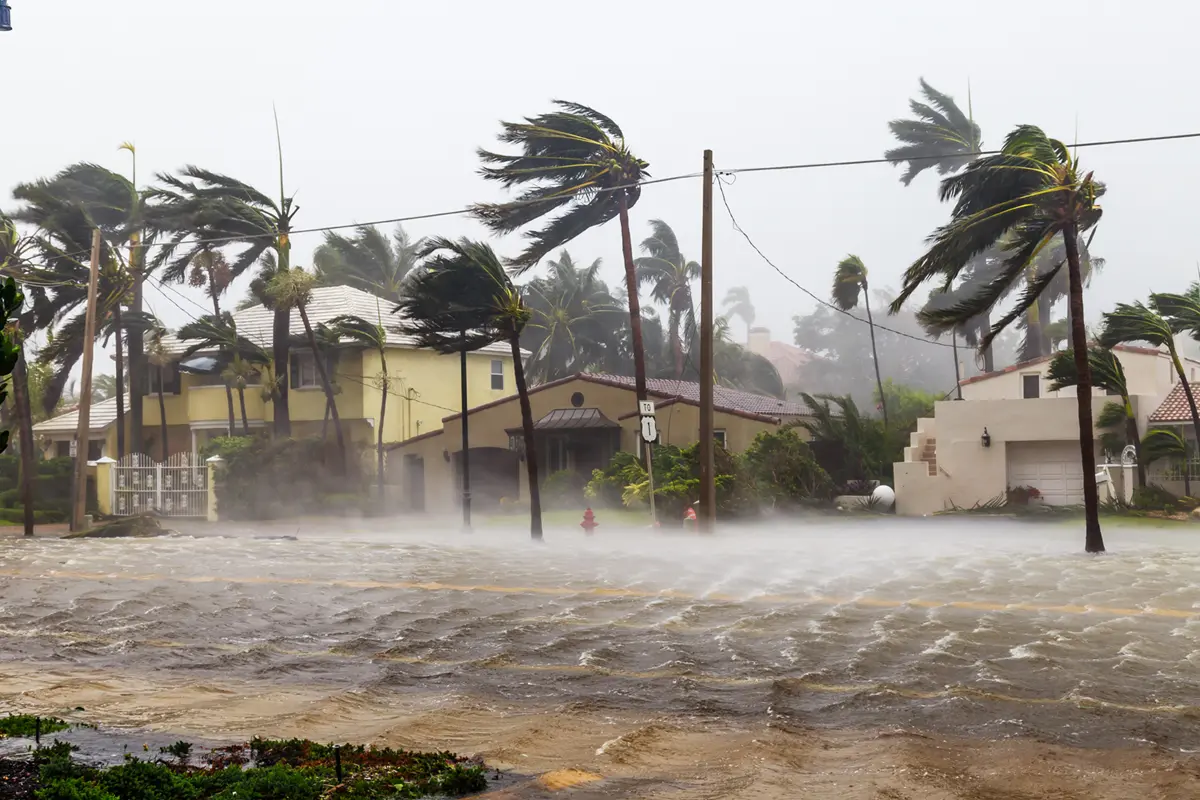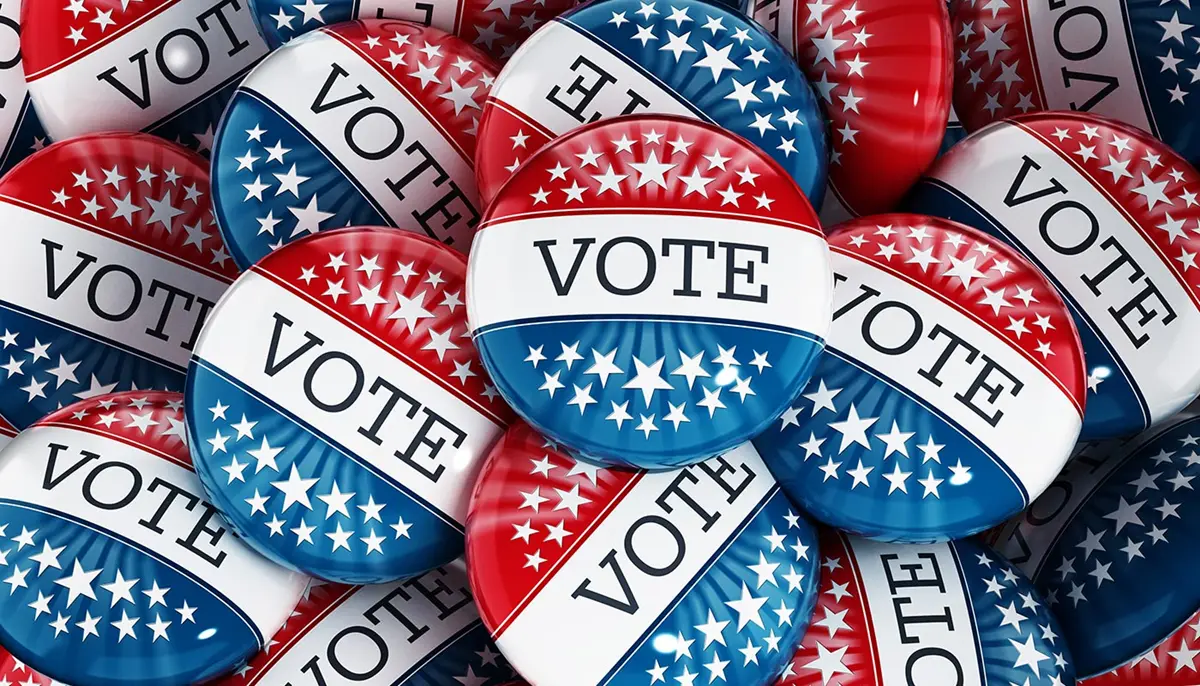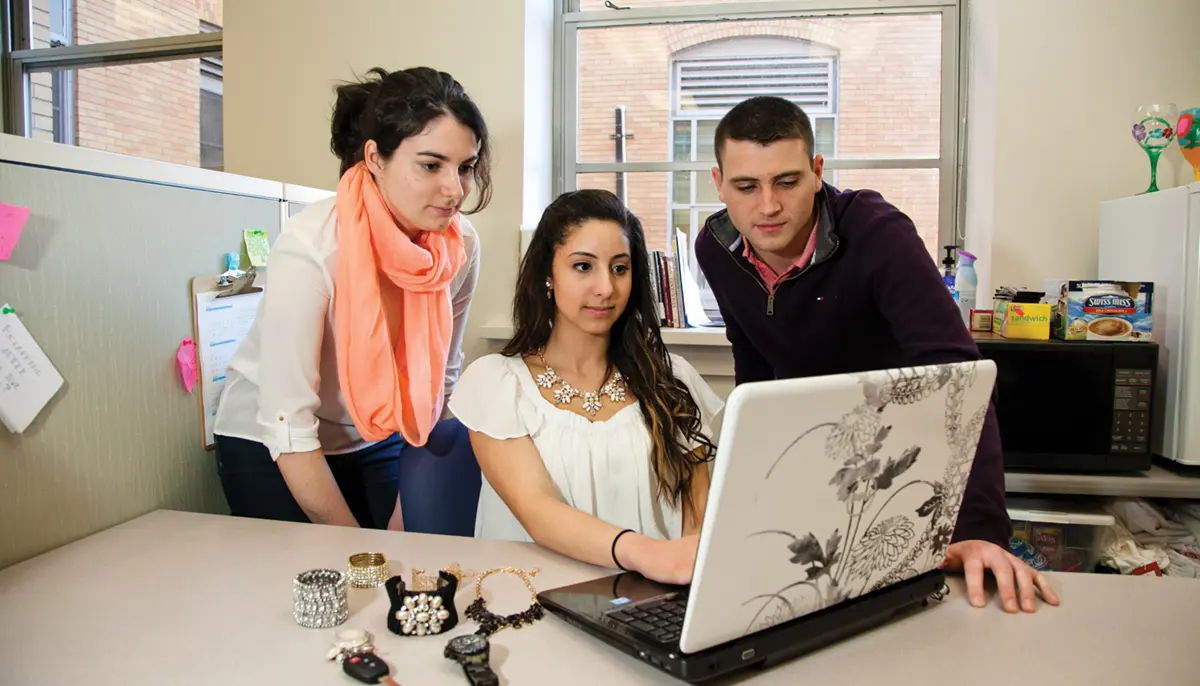
12/31/2017
By University Relations Staff
UML Alert: University closed Tuesday 2/24 due to storm and snow removal efforts. Parking ban remains in effect. See Storm Information Page

12/31/2017
By University Relations Staff

Frank Colby, Professor, Department of Environmental, Earth and Atmospheric Sciences:
The brutally cold start of the year portends more frigid temps ahead. Researchers are forecasting colder and snowier weather into March, with a total seasonal snowfall of around 60 inches, which is slightly above normal. As for next year’s Atlantic hurricane season, the tropics are at the beginning of a La Niña weather pattern, with cooler-than-average sea surface temperatures across central to eastern Pacific. Generally, La Niña, the opposite of El Niño, favors more hurricane activity in the Atlantic Basin, so that would suggest that next season, assuming the La Niña pattern does come about and that the very warm sea surface temperatures in the Atlantic persist, will be more active than in 2017.

Joshua Dyck, Associate Professor of Political Science and Co-director of the Center for Public Opinion:
The midterm elections will be a referendum on the presidency of Donald Trump. Under normal conditions, the party of the president loses seats in the midterm elections. But there’s nothing normal about President Trump, who loves controversy and is feuding openly with members of his own party. His approval rating has been below 40 percent, which is low, given the strength of the economy. If it stays that way, Republicans stand to lose big.

Alan Williams, Professor and Chair, Music Department:
I predict that we will see more direct political commentary in popular music. Hip-hop and punk have maintained a socially critical stance for decades, but I think we will start to see more mainstream pop addressing the current political climate, much as we did during the late 1960s and early 1970s when a song like “Ohio” could top the charts. Be prepared to see more overt political statements from artists we might not expect them from, such as we saw at the recent Country Music Awards broadcast.

Steven Tello, Senior Associate Vice Chancellor, Office of Entrepreneurship & Economic Development:
2018 will be the year for growth and recognition of women entrepreneurs. Women have contributed greatly to the startup environment, but growing social and political awareness will create greater opportunities for women. We have already seen this at UMass Lowell, where two of our most successful student startups, Nonspec and invisaWear, have strong alumni female leads. Both of these teams have formed companies, raised significant private equity funding and gone on to compete successfully in national competitions. And their products have social impact. The political and social turmoil of the past year will result in more women-led startups addressing important social issues.

Saira Latif, Associate Professor and Chair, Finance Department:
In 20 years, all currencies will be cryptocurrencies. In the long run, however, Bitcoin will not be the global currency, as the powerful central banks of the world enter this arena with their own versions that carry most of the conveniences of Bitcoin with the added security of sovereign backing. The technology is here to stay.
The Bitcoin phenomenon will play out the same way dot-com and property bubbles did. Many people will get very rich very fast. Others will keep crying ‘bubble’ and keep getting proven wrong by their friends and colleagues with constant updates on the recent successes of their acquaintances using Bitcoins,” she says. “And then, one day, it will all come crashing down when people least expect it. Ordinary folks who had gone all out and invested their limited savings in Bitcoins will be the ones hit hardest by the collapse.

A.J. Angulo, Professor, College of Education:
Fewer international students will enroll in U.S. universities as debates over immigration continue to complicate recruitment. I also predict the U.S. Department of Education will have a new leader by the end of next year. Given the high degree of turnover in cabinet-level positions, there's a good chance Education Secretary Betsy DeVos won't last another 12 months.
 Image by Meghan Moore
Image by Meghan Moore
Yuko Oda, Lecturer, Art & Design Department:
Expect to see art involving innovative technology including virtual reality, 3-D printing, augmented reality, interactive art, robotics and BioArt. I have several colleagues in the art disciplines in New York collaborating with professors in medicine. There will also be designers working with fine artists on commercial products hybridized with fine art. An example of this is Takashi Murakami’s collaboration with Louis Vuitton.

William Lazonick, Professor of Economics:
The U.S. stock markets are vulnerable to a sharp downturn that could turn into a crash, because in the current boom, stock prices are being propped up by the widespread practice of stock buybacks. The recently passed cut in the corporate tax rate will make the boom even more precarious, because corporations will use most of their extra after-tax income for more buybacks instead of investing in their employees, plants and equipment, and research and development.

Valerie King, Clinical Assistant Professor of Nursing and Nurse Practitioner:
In the era of the Affordable Care Act (ACA), we experienced a surge of newly insured patients who were finally able to access preventative care. If Congress succeeds in dismantling provisions of the law, then I predict that 2018 will be a year of worsening health outcomes for the patient and the health care system. We will return to millions of Americans without health insurance, which will raise costs, limit access to health care and once again adversely affect our ability to care for our nation’s health.